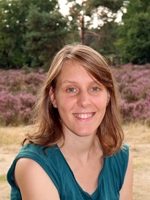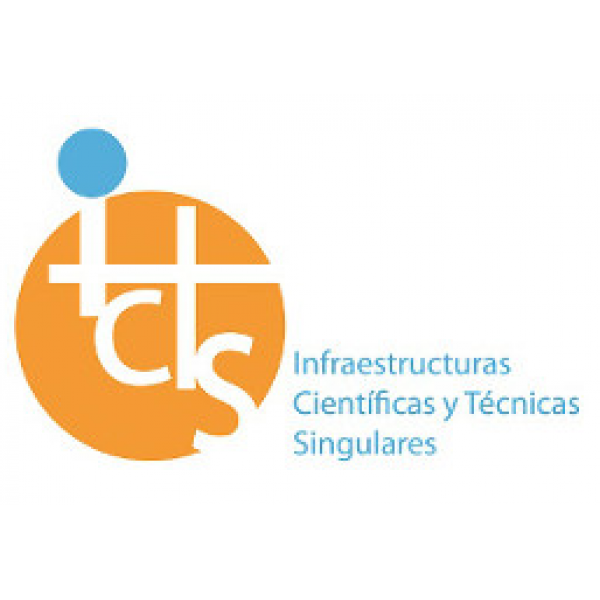How do malignant cells arise in healthy individuals? The Single Cell Epigenomics and Cancer Development group aims to shed new light on this question by creating a better understanding of early epigenetic events that contribute to tumorigenesis.
Every tumor originates from a normal cell that, at a given moment, acquires tumor-initiating genetic events, such as translocations and somatic mutations affecting key proto-oncogenes or tumor suppressor genes. These genetic hits turn normal cells into pre-malignant cells, but do not lead to immediate tumor formation. For that, secondary genetic events as well as epigenetic hits, also known as epimutations, are required. In our group we aim to create a better understanding of how epimutations arise and how they contribute to tumorigenesis. We will do this in the context of non-Hodgkin lymphomas, such as mantle cell lymphoma, follicular lymphoma, diffuse large B-cell lymphoma and Burkitt lymphoma.
Fuelled by the advent of single-cell technologies, it is becoming increasingly clear that individual cells in seemingly homogeneous cell populations show cell-to-cell variation in their genetic, epigenetic and gene expression landscapes. We aim to study the heterogeneity of oncogenic events in healthy individuals as well as in pre-malignant cells in vitro (to be created by CRISPR/Cas9 genomic editing) and in vivo using cutting-edge single-cell technologies. On top of that, we aim to define cell intrinsic mechanisms, such as enhancer activation and 3D chromatin interactions, that influence the observed heterogeneity. Altogether, we aim to create new insights into the source of epimutations with the ultimate goal to create a better understanding of the complex process of tumor formation.
Our group is physically located at the Barcelona Biomedical Research Park (PRBB building, C/ Dr. Aiguader, 88, Barcelona, Spain). We are affiliated to the Gene Regulation, Stem Cell and Cancer Research program (CRG, Barcelona, Spain), the Centro Nacional de Análisis Genómico (CNAG, Barcelona, Spain) and the department of Oncology and Haematology (IDIBAPS, Barcelona, Spain). Together, these provide a unique niche covering basic, translational and clinical biomedical research, and single-cell sequencing technologies. We strongly believe that bringing the knowledge and resources of these different environments together majorly aids to better understand the biology of disease.











